The Sigmund Freud Archives mainly consist of a trove of documents housed at the US Library of Congress and in the former residence of Sigmund Freud during the last year of his life, at 20 Maresfield Gardens in northwest London. They were at the center of a complicated scandal, described in Janet Malcolm's book In the Freud Archives. Jeffrey Masson writes about it in Chapter Nine: "Disillusions" of his book Final Analysis.
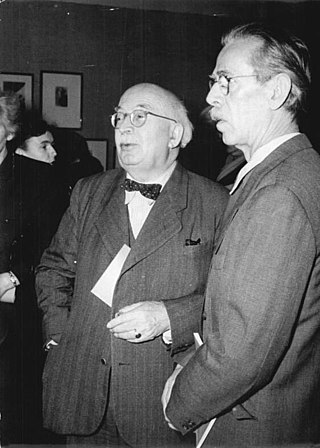
Arnold Zweig was a German Jewish writer, pacifist and socialist. He is best known for his six-part cycle on World War I.
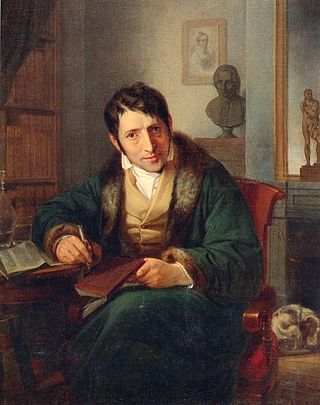
Karl Ludwig Börne was a German-Jewish political writer and satirist, who is considered part of the Young Germany movement.
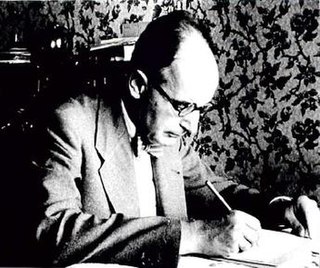
Kurt Grelling was a German logician and philosopher, member of the Berlin Circle.
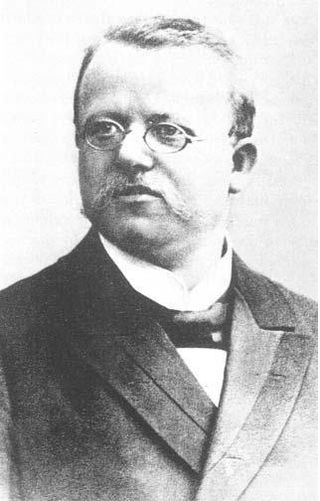
Hermann Oppenheim was one of the leading neurologists in Germany.
Heinrich Bernhard Oppenheim was a German publicist and philosopher concerned with the ideas of liberalism, free trade and international law.

Jakob Klatzkin, Yakov/Jakub Klaczkin was a Jewish philosopher, publicist, author, and publisher.
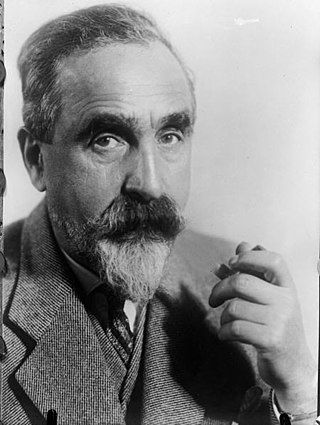
Hermann Struck was a German Jewish artist known for his etchings.

Max Rothmann was a German neuroanatomist and physiologist who was a native of Berlin.
The Bekhterev–Mendel reflex, also known as the Mendel reflex or Mendel–Bekhterev reflex, is a clinical sign found in patients with pyramidal tract lesions. Percussion of the dorsum of the foot causes flexion, or downward movement, of the second to the fifth toes in patients with pyramidal tract lesions, whereas percussion of the dorsum of the foot in normal patients causes extension of the toes.
The Bekhterev–Jacobsohn reflex, or Jacobsohn's finger flexion sign, is a clinical sign found in patients with pyramidal tract lesions of the upper limb. In this condition, stroking the dorsum of the forearm, in the area of the distal radius, with the arm supine causes abduction of the hand and flexion of the fingers.

The Mendelssohn family are the descendants of Mendel of Dessau. The German Jewish philosopher Moses Mendelssohn and his brother Saul were the first to adopt the surname Mendelssohn. The family includes his grandson, the composer Felix Mendelssohn and his granddaughter, the composer Fanny Mendelssohn.
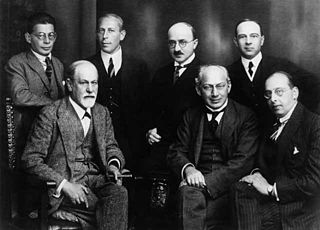
Max Eitingon was a Litvak-German medical doctor and psychoanalyst, instrumental in establishing the institutional parameters of psychoanalytic education and training.
Hugo Ulrich was a German Romantic composer, music educator and arranger.
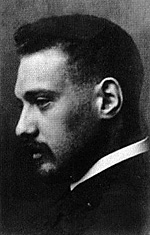
David Ernst Oppenheim was an Austrian educator and psychologist who collaborated with Sigmund Freud and Alfred Adler.
Jenny Meyer was a German operatic alto, mezzo-soprano and music educator as well as director of the Stern Conservatory in Berlin from 1888 until 1894.
Gustav Eduard Engel was a German tenor, music theorician, Music educator and music journalist.
Hermann Mendel was a German musicologist.
Adolf Schulze was a German baritone and music educator.










